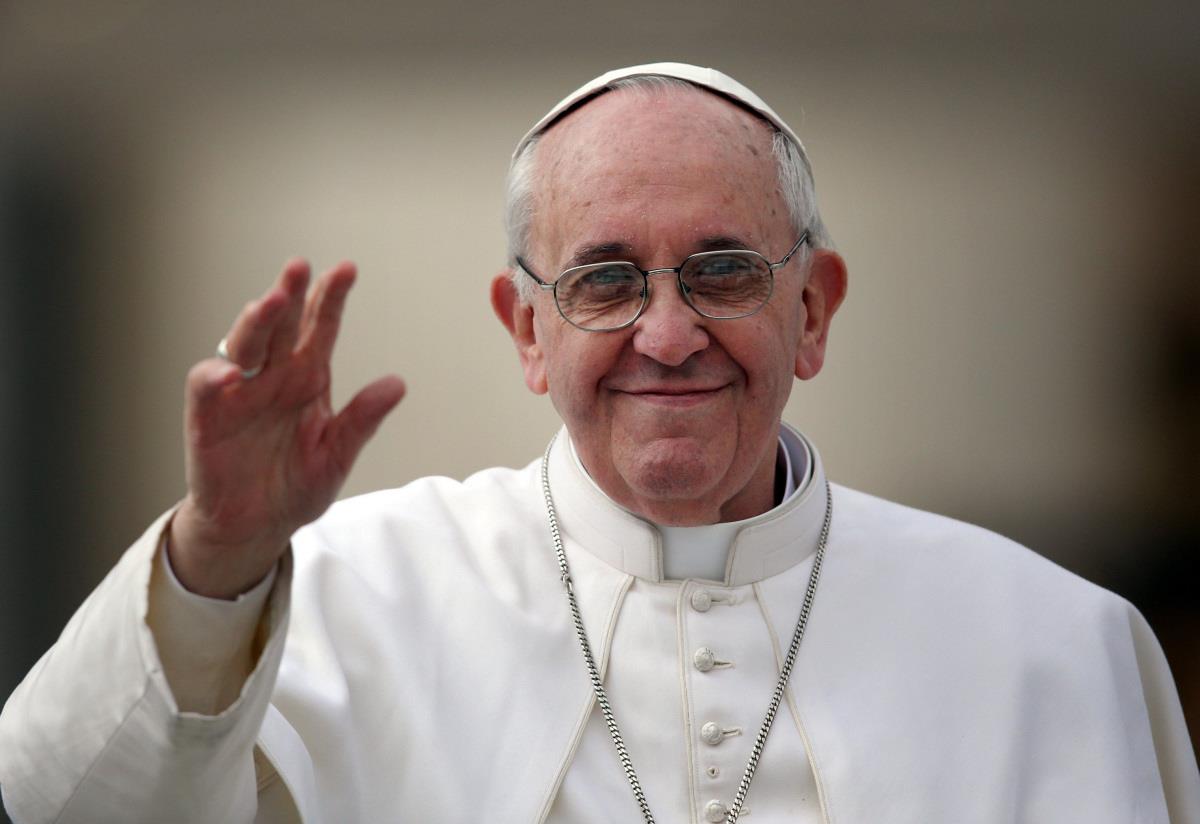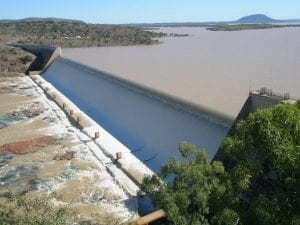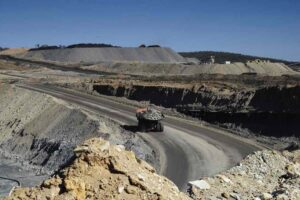An Italian newspaper on Monday published a leaked copy of Pope Francis’s eagerly awaited message exhorting humanity to be better stewards of the planet and to combat issues like climate change.
The papal letter, or encyclical as it is called, has received considerable attention in environmental, political and climate science communities because of its purported content and its appeal to take action on global warming from a moral standpoint.
It is hoped by many in those communities that Francis’s message will provide a much-needed push to international climate negotiations, which have proceeded in fits and starts. A recent meeting Germany resulted in broad pronouncements of a need to phase out greenhouse gas-emitting fuels, but there is still uncertainty about an international agreement to be hammered out in December at a critical meeting in Paris.
“The pope’s encyclical is probably going to have a bigger impact than the Paris negotiations,” climate scientist Gavin Schmidt, head of NASA’s Goddard Institute for Space Studies, told USA Today.
The encyclical, entitled “Laudato Si’, On the Care of Our Common Home,” is expected to cover broad themes of the responsibility humanity has for caring for the planet and undoing some of the environmental damage wrought by industrial activities, including climate change. Francis has emphasized humans are a part of nature, and that by hurting it, we hurt ourselves.The version of the encyclical that was leaked was only in Italian and was not a final version, Vatican officials said. The finalized text is expected to be released in multiple languages on Thursday.
Francis is also expected to tie environmental degradation in with the plight of the world’s poor, as they have far less capacity to adapt to or recover from extreme events and are often disproportionately affected by them.
He has emphasized that his message is not just meant for the world’s estimated 1 billion Catholics, to whom papal encyclicals are traditionally intended, but for the entire world, as climate change and environmental damage are issues that affect everyone.
Francis studied chemistry before entering seminary, and in January said that climate change is “mostly” caused by human activities.
Because of the pervasive impacts of environmental problems, Francis is expected to urge world leaders, especially those from wealthier countries, to change how they think about using the world’s resources and to take concrete action to fight climate change. He is expected to broach these same topics when he addresses the U.N. and the U.S. Congress in the coming months.
Source: Climate Central. Reproduced with permission.










